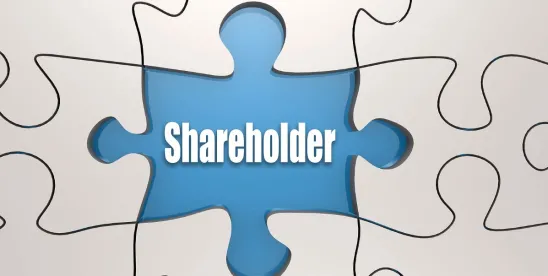In October, Institutional Shareholder Services (“ISS”) released an off-cycle update to its Executive Compensation Policies Frequently Asked Questions (the “FAQs”), which are available at this link: US-Compensation-Policies-FAQ.pdf (the new questions are highlighted in yellow). As described in more detail below, the updates to the FAQs address ISS’s criteria for recognizing “robust” clawback policies and realizable pay methodology. The FAQs are typically updated in November or December of each year, making this off-cycle update noteworthy. ISS indicated in its release that a subsequent update to the FAQs is expected in December 2024.
Recognizing “robust” clawback policies. ISS clarified that it would describe a company’s clawback policy as “robust” in the “Executive Compensation Analysis” section of its research report only if the policy extends beyond the minimum requirements of Dodd-Frank and explicitly covers all time-vesting equity awards (notably, some companies have not gone beyond what Dodd-Frank expressly requires and do not cover time-vesting awards). Interestingly, this change appears to go farther than ISS’s Equity Plan Scorecard in that the Equity Plan Scorecard explicitly requires the company’s clawback policy to apply to all or most of an equity plan’s time-vesting and performance-vesting equity awards in order to receive a favorable score.
Realizable Pay Methodology. By way of background, ISS includes a three-year realizable pay chart in its research reports for S&P 1500 companies, which compares the amounts actually paid to the CEO plus the amounts the CEO realized based on, among other things, stock option exercises or amounts earned due performance conditions being satisfied relative to granted pay presented in the SEC-required compensation tables. However, ISS’s update to the FAQs announced that, effective for February 1, 2025 meetings and later, it will not display a realizable pay chart in its research report if a company has experienced two or more CEO changes within the applicable three-year window. For all other companies, the realizable pay chart will continue to be presented as usual.
LOOKING FORWARD
Compensation committees should work with their counsel and compensation consultants to determine whether this off-cycle update impacts their company and, if it does, what, if anything, should be done to address the impact. In reevaluating its clawback policies, companies may wish to consider the ISS update along with the Glass Lewis policy, which also goes beyond the minimum Dodd-Frank requirements by focusing on situations where there is evidence of “problematic decisions or actions,” such as material misconduct, material reputation failure and other material failures.





 />i
/>i
